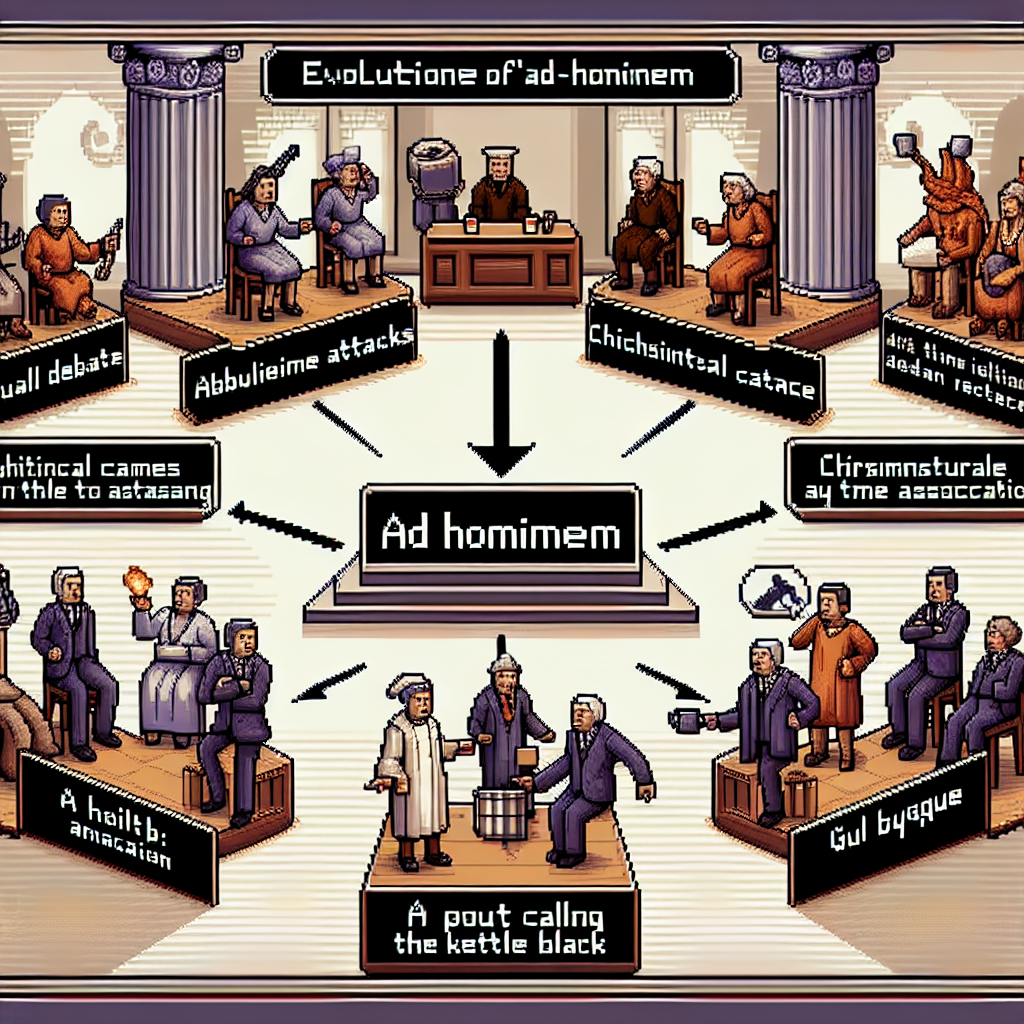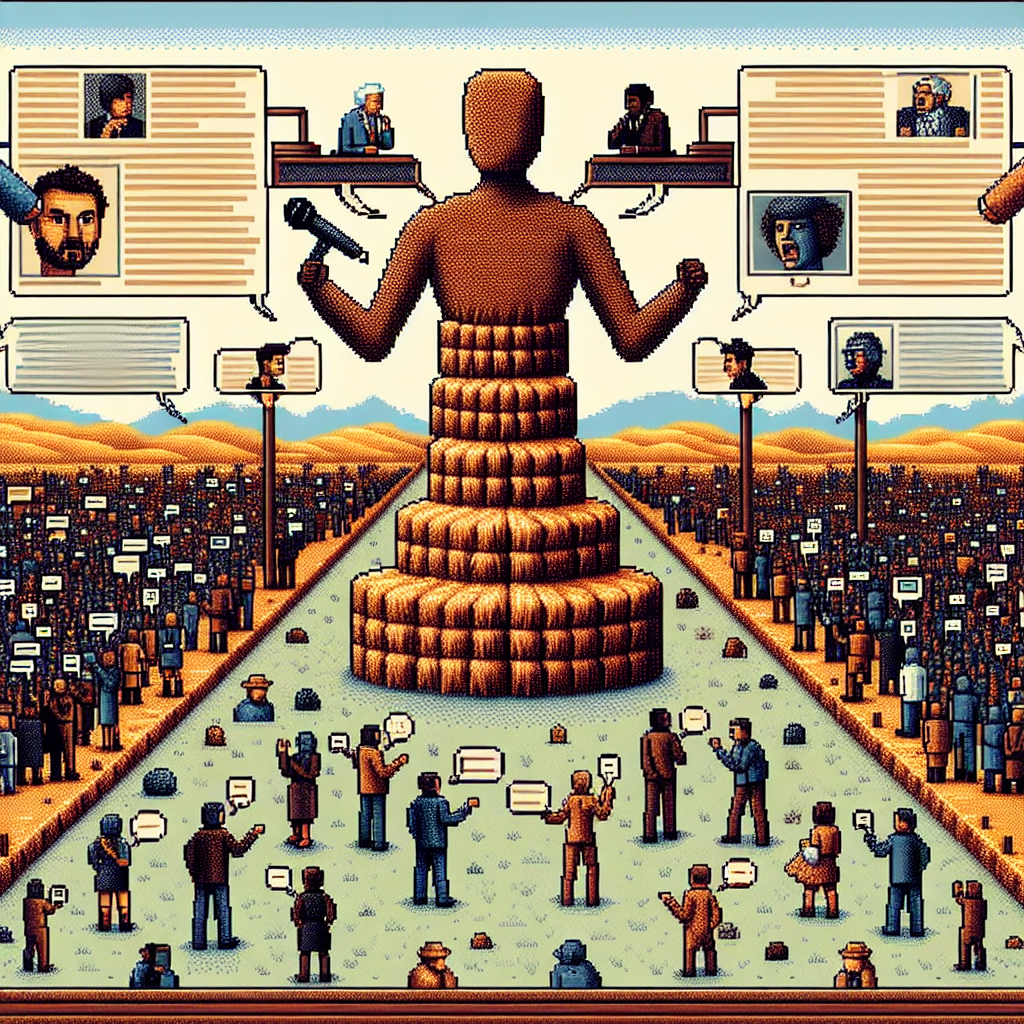Introduction to Self-Serving Bias
Definition of Self-Serving Bias
The Self-Serving Bias is a cognitive phenomenon where individuals attribute their successes to internal factors, such as talent or effort, while blaming external factors, such as luck or circumstance, for their failures. This tendency helps maintain one’s self-esteem, but it can also distort reality.
Importance of Understanding Self-Serving Bias in Daily Life
Recognizing the Self-Serving Bias is crucial for personal growth and healthier interactions. By understanding this bias, individuals can strive to become more objective and fair-minded. Self-awareness allows for more balanced perspectives on personal achievements and setbacks. Moreover, grasping its implications can improve relations with others, because it reduces defensiveness and fosters empathy. In a world that increasingly values collaboration, curbing this bias is essential not only for individual growth but also for creating more harmonious environments both personally and professionally.
The Psychology Behind Self-Serving Bias
Cognitive Foundations
The Self-Serving Bias often stems from fundamental cognitive processes. People have an innate desire to view themselves in a positive light. Therefore, they might interpret events favorably to maintain their self-esteem. This bias allows individuals to take credit for successes while attributing failures to external factors. As a result, their overall self-perception remains positive and intact.
Emotional Influences
Emotions play a crucial role in the development of Self-Serving Bias. When faced with negative outcomes, individuals might experience emotions such as disappointment or frustration. To mitigate these feelings, they may unconsciously resort to biased reasoning. This emotional influence helps preserve their mental well-being in challenging situations.
Social and Cultural Factors
Social dynamics and cultural influences also contribute to the Self-Serving Bias. In many societies, achievements are celebrated, and success is often linked to personal worth. Consequently, individuals learn to attribute positive outcomes to their abilities. Moreover, cultural norms might discourage acknowledging personal failures openly. This societal pressure reinforces the bias, making it an integral part of one’s belief system.
Effects of Self-Serving Bias
Impact on Personal Relationships
Understanding the effects of Self-Serving Bias is crucial because it frequently distorts how individuals perceive and interact with each other. This bias can lead to conflicts as people attribute success to their own efforts while blaming failures on others. Additionaly, Self-Serving Bias can hinder personal growth by preventing individuals from recognizing their mistakes.
Influence on Professional Environments
In professional settings, Self-Serving Bias can result in skewed team dynamics. During workplace evaluations, individuals might take undue credit for successes, leading to resentment among colleagues. Conversely, failures may be unjustly blamed on external factors, creating a lack of accountability.
Broader Societal Implications
On a broader scale, Self-Serving Bias can perpetuate systemic issues in society. When groups prioritize their successes over others, they may ignore prevailing injustices. Despite recognizing these implications, action can be challenging due to cultural reinforcements of this bias. However, promoting awareness and active dialogue can mitigate its societal impact.
Identifying Self-Serving Bias in Yourself
Common Signs and Indicators
Recognizing Self-Serving Bias within oneself often requires a willingness to reflect critically on one’s actions and thoughts. Often, individuals may notice this bias through patterns of attributing successes to personal qualities like intelligence or effort, while shifting blame for failures onto external factors. Additionally, the bias may manifest when comparing oneself favorably to others, thereby boosting self-esteem. Despite these common signs, it is crucial to remain open to discomfort and aware of your own tendencies to avoid falling prey to biased thinking.
Real-life Examples
During a team project, if the outcome is successful, individuals might attribute the success to their own hard work and ingenuity. However, if the project fails, they may blame team dynamics or resource constraints. An athlete, because they won a game, might think it’s due to their skill, but if they lose, it’s the referee’s decisions. Before making such attributions, consider the situation from various perspectives to uncover any unnoticed biases.
Strategies to Mitigate Self-Serving Bias
Developing Self-Awareness
Understanding and reducing Self-Serving Bias begins with developing a strong sense of self-awareness. This involves recognizing personal tendencies toward bias and acknowledging how these might influence behaviors and decisions. Taking time to reflect on past actions and outcomes allows individuals to identify patterns that may contribute to biased thinking. Additionally, keeping a reflective journal can be a helpful tool to track instances where bias might occur, enabling a more conscious effort toward making impartial decisions in the future.
Encouraging Constructive Feedback
Before jumping to conclusions, seeking feedback from trusted peers or mentors can provide an objective perspective that challenges biased viewpoints. Constructive criticism not only aids personal growth but also helps in recognizing cognitive distortions influenced by Self-Serving Bias. Engaging in open and honest conversations with others fosters a more balanced and realistic self-image. Furthermore, being receptive to feedback and using it to guide improvements is essential for overcoming biased perceptions.
Fostering Empathy and Perspective-Taking
Empathy is a powerful tool in mitigating Self-Serving Bias. By actively trying to understand and share the feelings of others, individuals can better appreciate diverse perspectives, which can counteract biased thinking. During discussions or conflicts, practicing perspective-taking allows for a broader view of situations, reducing the inclination to assign blame or take undue credit. Despite natural tendencies toward self-serving perceptions, actively challenging them through empathy can lead to more fair and equitable interactions.
The Role of Self-Serving Bias in Online Content Creation
How Bias Affects Digital Narratives
In the realm of online content creation, Self-Serving Bias often shapes the way individuals present information. This bias can skew narratives to highlight personal successes while minimizing or ignoring shortcomings. Because of this, online content sometimes lacks a balanced viewpoint, failing to present a comprehensive picture to the audience.
Strategies for Creating Objective Content
To mitigate the influence of Self-Serving Bias in digital content, creators should employ several strategies. First, developing an awareness of one’s bias is crucial. Additionally, regular feedback from diverse perspectives can provide a reality check. Content creators should encourage themselves to adopt empathy and actively consider alternative viewpoints. Despite the challenge, striving for objectivity contributes to the credibility and authority of content. This balanced approach not only enhances personal integrity but also fosters a more informed and engaged audience base.
Self-Serving Bias in SEO: A Case Study
Introduction
In today’s digital age, the importance of crafting balanced and neutral content cannot be overstated, especially for brands aiming to maintain credibility and authority. A tech startup wanted to increase its online visibility. Despite its innovative product, it was struggling to thrive in a competitive market. During their content creation process, the startup unknowingly allowed Self-Serving Bias to skew their online narrative. This bias led them to highlight only positive customer feedback and dismiss any critical reviews.
The Challenge
The Self-Serving Bias manifested as a major obstacle. Potential customers found it hard to trust a company that seemed unable to accept constructive criticism. Additionally, their content came across as overly promotional. This issue made both readers and search engines wary, affecting the brand’s ability to attain higher rankings in search results.
The Solution
Focusing on creating objective content, the startup took several critical steps. They began by incorporating diverse customer feedback, painting a more authentic picture of their brand. Before publishing, pieces were fact-checked and free of biased language. The team retrained themselves to avoid biased keywords and phrases that could alienate potential customers. Furthermore, they engaged in exercises designed to foster empathy and perspective-taking, allowing them to step outside their bias bubble.
Results and Implications
As a result of these strategic changes, the startup experienced improved search rankings. This led to increased traffic and higher engagement on their website. Importantly, this approach ensured the company maintained credibility, establishing itself as a trustworthy authority in its niche. Thus, avoiding the pitfalls of Self-Serving Bias does not only enhance online reputation. It also significantly benefits SEO efforts.


